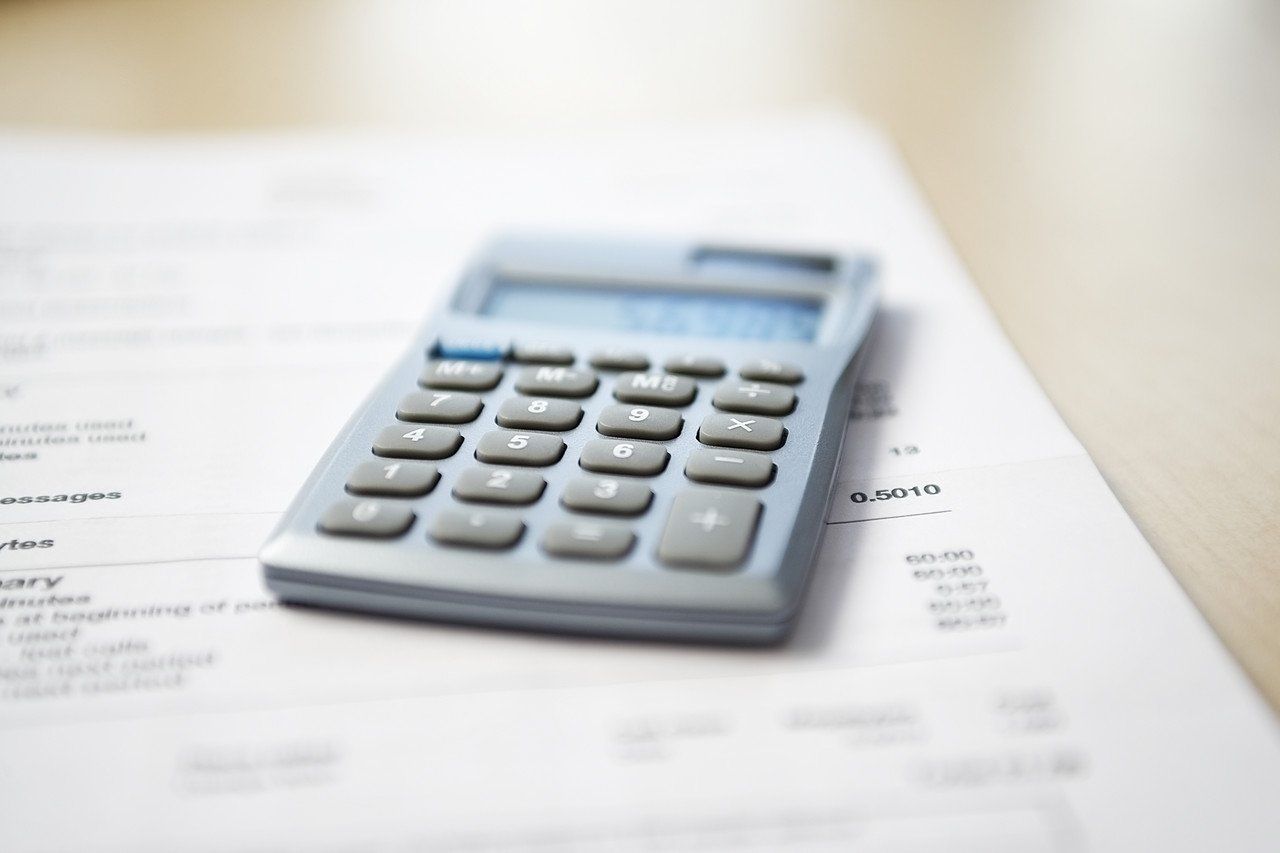Tax Cuts for the Self-Employed in 2024 - 2025 - Autumn Statement
Key changes announced in the Autumn Statement that affect self-employed taxpayers.
The Autumn Statement, delivered by Jeremy Hunt, included significant changes to national insurance that will impact self-employed taxpayers.
The following changes affecting self-employed taxpayers
First is the Class 4 National Insurance contribution, which self-employed individuals pay directly on their business profits. Currently this is set at 9%. This rate will drop to 8% in the 2024-25 tax year.
That may not seem like a drastic reduction, but spread out across total business profits, it can lead to substantial savings.
For example, if you reported £28,200 in profits, for example, you'd get to keep an extra £350 that would have otherwise gone to the taxman.
The second key rate cut relates to Class 2 National Insurance contributions. This charge takes the form of a weekly sum - currently £3.45 - towards funding benefits like the State Pension. From April 2024 onwards, self-employed taxpayers will no longer need to pay anything for Class 2. Removing this hassle means at least £192 back in your accounts for each year.
Streamlined Access to Pensions and Benefits
In tandem with cutting the Class 2 rate to zero, the forthcoming changes will ensure self-employed individuals can still accrue credit towards the State Pension and other government benefits. Those reporting over £12,570 in annual profits will enjoy simplified access without the need for separate Class 2 contributions starting in the 2024-25 tax year.
Takeaways: New Savings for Self-Employed Business Owners
With these tax cuts set to take effect over the next couple of years, self-employed taxpayers stand to retain more of their hard-earned business income. Exact savings will vary depending on your annual profits. But for many sole proprietors and independent contractors, the combined changes promise to deliver substantial relief.
Keep the rate cuts and rules adjustments in mind as you handle your own taxes during the coming years.
- Class 4 NI rate dropping from 9% to 8% in 2024-25
- Class 2 NI contributions abolished starting in 2024-25
- Continued access to State Pension and other benefits
- Hundreds of pounds in potential annual savings
Read the full Autumn Statement here
Contact
Andrew Passer
Accountant
Call : 020 8930 3983
Office location:
Charter House
20 Sunningdale Close
Stanmore
HA7 3QL
United Kingdom
Accounting Services
Your Local Accountant
Need a local accountant near you?
Xero Certified - Quickbooks Pro
Accounting Services - Tax Advice
Areas Covered include;
Stanmore - North Finchley - Edgware - North West London - Harrow - Greater London
(Middx)
Copyright © All Rights Reserved. Privacy Policy











